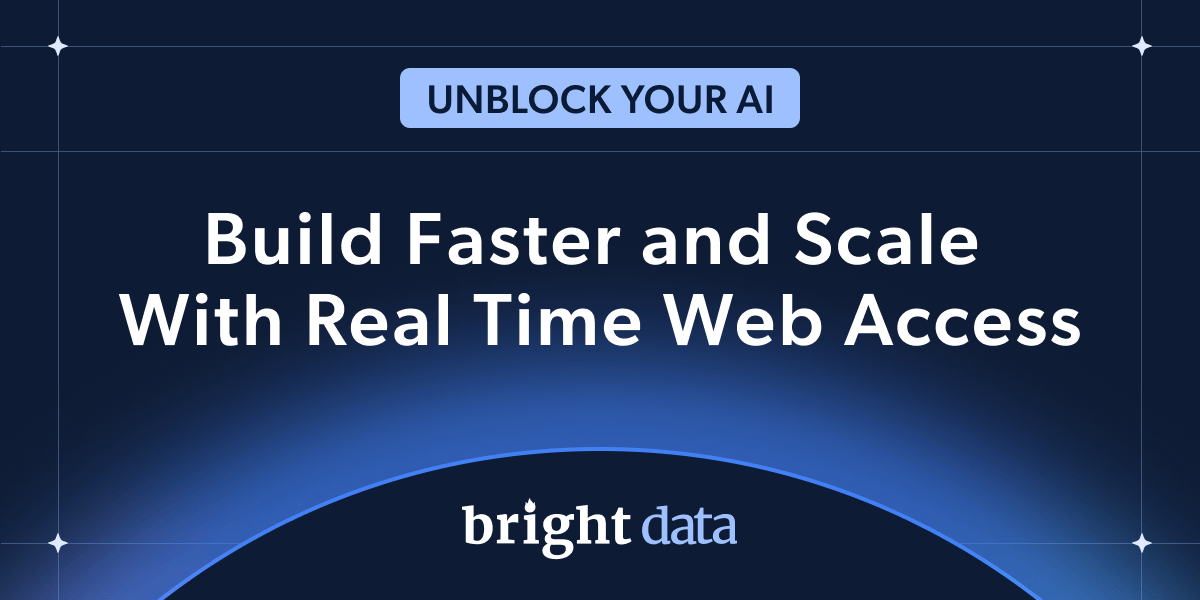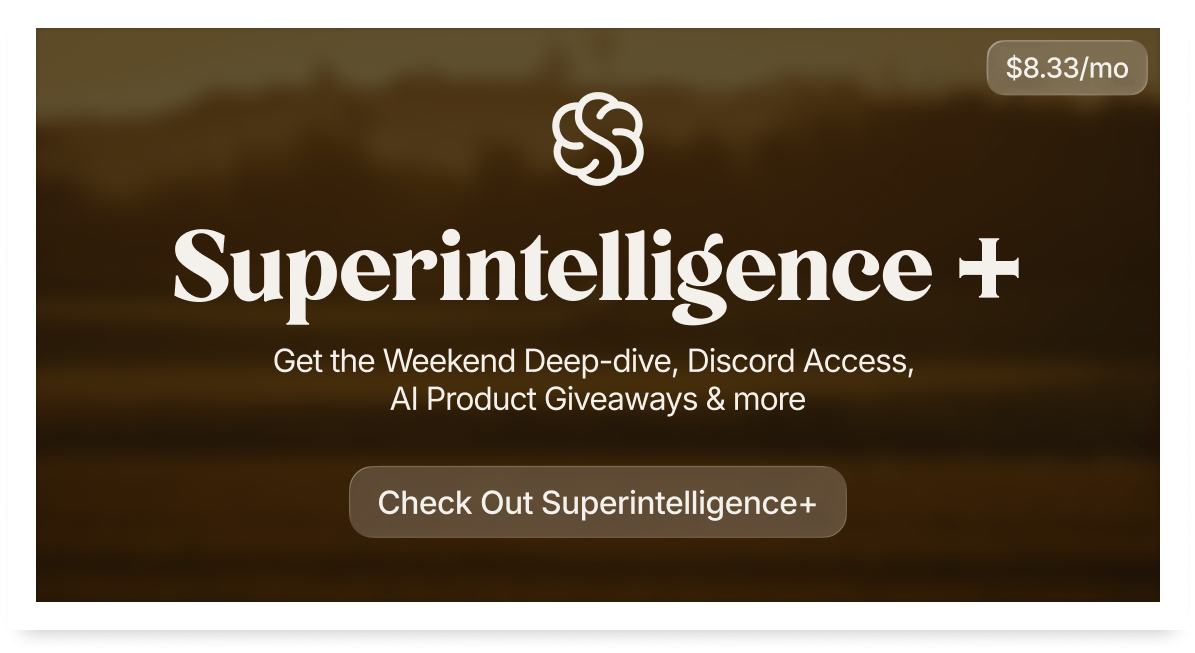
Dear Readers,
Tonight’s issue feels like a glimpse into the future: governments claiming “sovereign” AI, small models automating browser tasks, and Amazon delivering gigabit internet from orbit while Claude Opus 4.5 competes for coding supremacy. We’ll explore Germany’s SOOFI project, which is symbolically significant but financially limited, how Fara-7B transforms your computer into an on-device coworker, and what Amazon Leo’s ultra antenna means for connecting areas still lacking cloud and cable access.
Opus 4.5 emerges as a vital backbone for agents, supported by new benchmarks and a graph illustrating the coding race's progress. Expect robots dodging like MMA fighters, DIY open-source bots on GitHub, and a discussion between Bernie Sanders and Geoffrey Hinton on the implications for work, power, and society. If you're interested in the future of AI workers, networks, and machines, continue reading to explore the stories.
In Today’s Issue:
🇩🇪 Germany’s SOOFI project and the limits of “sovereign” AI funding
🤖 Fara-7B turning small models into on-device automation engines
📡 Amazon Leo’s gigabit antenna for hard-to-reach regions
🧠 Claude Opus 4.5 taking the coding lead with new benchmarks
✨ And more AI goodness…
All the best,



Germany Launches “SOOFI” AI Sovereignty Project
Germany has launched a new initiative called SOOFI (Sovereign Open-Source Foundation Models) that aims to develop an open large-language model (LLM) with about 100 billion parameters, co-led by six German research institutions and two startups, funded with €20 million by the federal government.
With all due respect: But with €20m you'll probably be investing too little to really make a difference.

Fara-7B Pushes Agentic Automation
Microsoft Research is launching Fara-7B, a 7-billion-parameter language model for computer use and web automation, demonstrating how compact models learn from complex multi-agent systems. It matches or exceeds other agentic SLMs in benchmarks and Microsoft’s evaluation of 11 underrepresented tasks. The open-weight release on Foundry and Hugging Face, along with integration with Magentic-UI, allows developers to experiment with workflows like bookings and web searches directly on-device—faster, cheaper, and more private.
Amazon Leo Unveils Gigabit Antenna
Amazon Leo (formerly Project Kuiper) launched its “Leo Ultra” antenna, offering up to 1 Gbps downloads and 400 Mbps uploads for businesses in tough locations. The service is now in a private preview, with hardware shipping to select partners, and plans a wider rollout in 2026.


Bernie Sanders discusses the transformative impact that artificial intelligence will have on our country with the “Godfather of AI” Dr. Geoffrey Hinton.



Claude Opus 4.5: Anthropic's New AI Coding Leader
The Takeaway
👉 Opus 4.5 is now Anthropic’s leading model for coding and agents, delivering top results on SWE-Bench Verified and other benchmarks.
👉 Lower pricing and new effort control make frontier-level reasoning accessible for more everyday tasks, from refactors to deep research.
👉 Early customer data shows double-digit gains in tasks like Excel and long-horizon coding, suggesting practical productivity boosts rather than just leaderboard wins.
👉 Opus 4.5's enhanced robustness against prompt injection makes it a safer foundation for enterprise agents handling sensitive code and data.
Anthropic just threw down a massive gauntlet in the coding wars: Claude Opus 4.5 lands as its most advanced model yet, and new state-of-the-art for code generation, hitting 80.9 percent on SWE-Bench Verified and edging past GPT-5.1 Codex Max and Gemini 3 Pro. The model is built for serious agentic work: autonomous computer use, multi-step debugging, and spreadsheet or backend automation, now tuned by a new “effort” parameter that lets developers trade latency and cost against deeper reasoning in a predictable way.

Opus 4.5 offers more than just benchmark performance. Anthropic highlights a 20% accuracy boost and 15% efficiency gains in Excel workflows, along with improved resilience to prompt-injection attacks compared to rival models. Within Anthropic’s range, Opus 4.5 serves as the precision tool for critical tasks, while Sonnet 4.5 manages high-volume agents and Haiku 4.5 functions as a fast, cost-effective “sub-agent.” With a Chrome extension for direct browser control, this release feels like essential infrastructure for full-stack AI workers.

Why it matters: Claude Opus 4.5 sets a new standard for coding- and agent-centric frontier models in production, particularly for teams focused on automated development and workflows. It speeds up the transition from “chatbot” to dependable digital coworker, increasing competitive pressure on labs developing reasoning models.
Sources:


84% Deploy Gen AI Use Cases in Under Six Months – Real-Time Web Access Makes the Difference
Your product is only as good as the data it’s built on. Outdated, blocked, or missing web sources force your team to fix infrastructure instead of delivering new features.
Bright Data connects your AI agents to public web data in real time with reliable APIs. That means you spend less time on maintenance and more time building. No more chasing after unexpected failures or mismatches your agents get the data they need, when they need it.
Teams using Bright Data consistently deliver stable and predictable products, accelerate feature development, and unlock new opportunities with continuous, unblocked web access.



MagicLab Z, a bipedal humanoid shows his agility
Every day we see how robots are becoming more agile, how they react better and faster - and can now even dodge in milliseconds.
Free access robotics
More and more robots are being developed at home, and their code is being uploaded to GitHub, freely available to everyone. Absolutely impressive, as in this example!
Robot Fight Club in Texas
A major robot MMA fight was held in Texas. What still seems rudimentary could become real entertainment in the near future.


84% Deploy Gen AI Use Cases in Under Six Months – Real-Time Web Access Makes the Difference
Outdated or blocked web data means more time fixing, less time building. Bright Data delivers real-time data to your AI agents so you can scale, improve reliability, and drive growth.















